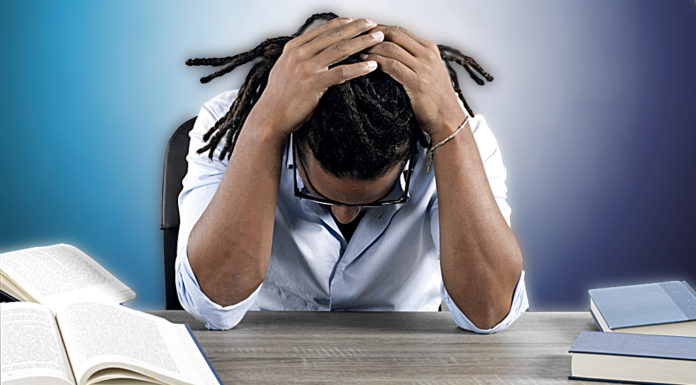Each generation has a shared event that almost everyone remembers. They remember what they were doing when it happened, how they felt, and the impact the event had. For me, that event was 9/11. Tuesday, September 11, 2001 was the date when terrorists hijacked four passenger planes. Two were flown into the World Trade Center. One was flown into the Pentagon, and the fourth plane crashed, landing in a field. Nearly 3,000 people died, and more than 6,000 people were injured.
When 9/11 took place, I had recently turned 18 and was a freshman education major at Purdue University in West, Lafayette, IN. Although I had only been in college for a little over a month, I had earned the nickname, “Mom” because as my dorm mates put it, I had a parent-like concern about their choices. In hopes of shaking this name, I reluctantly attended an event on the night of Monday, September 10, 2001 with my dorm mate. Since we didn’t get back until early the next day, I had slept through first class. When I finally woke up, I remembered how my all-female dorm was quiet, absent of the country music that was typically blaring.
I sprinted to campus to arrive at my next class, minority leadership, on time. In class, everyone was somber. I finally asked a classmate about what was going on, and he told me about the attacks. Our professor let us speak freely and discuss the events. Classes were canceled for the rest of the day. When I decided to walk back to my dorm, I remember what I was told during Boiler Gold Rush, a Purdue orientation program, “You are adults now. Welcome to the real world!” At the time, this event made me think I’m not ready for the real world if events like this would be taking place.
What I appreciated most was the opportunity to discuss the events that had occurred. This helped me as a college student and also is beneficial for K-12 students. As much as we would like to shut out the evil in the world, it seeps into our reality. It is better to help students talk through and process events instead of ignoring them.
I think of my third-grade twin sons. They weren’t alive when these terror attacks took place, but I still believe it is important for them to know what happened. I believe school should be a place where students can openly discuss tragedies.
As an educator, I know it is hard to have these difficult conversations, but it gives students the opportunity to learn how to talk about these events. They are our future. They will be our leaders. Understanding the impact and consequences may allow them to steer our world in a different direction in the future.
Click here for resources to talk about 9/11.
This post was written by Shawnta S. Barnes and originally ran on the Indy K12 Education Blog.










